GLOBAL LOGISTICS
Whatsapp: +86 13510290734
Email: op@sz-junqing.com

International freight forwarding refers to accepting the international transportation entrustment of the cargo owner as an agent, between the cargo owner and the actual carrier, and providing cargo import transportation services through water, air, land and other transportation channels. The business scope includes packing, booking, transshipment, Customs declaration, inspection declaration, handling related insurance procedures, etc. The international freight forwarding business process is for the freight forwarding salesman to develop customer contracted goods. After the production is completed, the driver will transport it from the factory to the port warehouse.
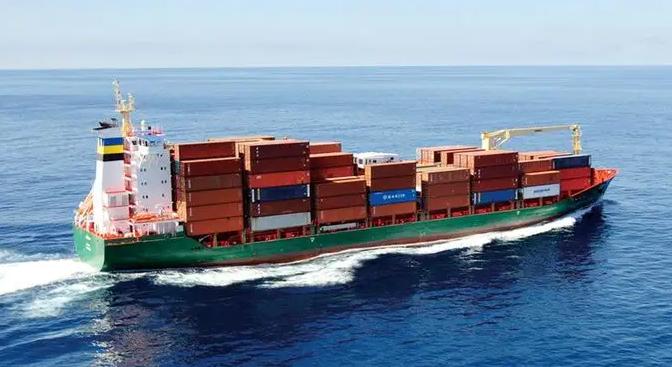
The freight forwarder is the intermediary, broker and transportation organizer between the cargo owner and the carrier; the freight forwarder can accept the entrustment of the carrier and the shipper. Due to the complexity of international logistics (discrete supply and demand, long chains, non-standardization, complicated policies, etc.), international freight forwarders are the most typical freight forwarders. According to the mode of transportation, international freight forwarding can be divided into sea, air, road, railway, multimodal freight forwarding, etc.
From the perspective of business essence, international freight forwarders undertake the functions of international logistics distribution channels and value-added services. According to the position of the industry chain, international freight forwarders can be divided into first-level agents and second (N)-level agents: 1) First-level freight forwarders book space directly with the carrier, among which the profits of shipping first-level freight forwarders are mainly due to agency fees and return of shipping company commissions ( The profit of air freight first-class freight forwarding mainly comes from agency fees and the price difference of chartered flights. 2) Secondary freight forwarders face customers directly, mainly through value-added services. Some first-level freight forwarders can open up first- and second-level channels to achieve long-term and stable customer resources and transport capacity resources.
Since 2018, my country has faced up to the status of the cross-border logistics system as an important infrastructure to promote the high-quality development of my country's foreign trade, put forward the goal of "building a cross-border logistics hub network system", and successively launched a number of cross-border logistics such as the "inland container intermodal transport system". A special project for infrastructure construction to provide diversified, low-cost and high-efficiency transport capacity for cross-border logistics enterprises. Secondly, while strengthening industry supervision, the policy encourages the upstream and downstream integration of the delivery service industry, jointly improve the cross-border logistics network system, explore new business models, and inject new impetus into the market. Since 2020, in order to support the relief of market transaction pressure caused by the epidemic through cross-border e-commerce channels, the state has issued high-frequency policies to add a variety of transport capacity channels for the cross-border logistics industry, providing broad growth space for cross-border e-commerce, and at the same time. Bringing increment to the international freight forwarding industry.
The upstream of the international freight forwarding industry is mainly shipping companies, airlines, land transportation companies and operators of ports and terminals, while the downstream is mainly import and export trading companies and small freight forwarders with customer resources. Therefore, the essence of freight forwarding is to provide customers with a package of agency services by organizing ships, ports and other resources, splitting and reorganizing.
The international freight forwarder is the middleman between the cargo owner and the carrier, and undertakes the functions of international logistics distribution channels and value-added services. The large international logistics market (backed by huge global trade) and complexity (discrete supply and demand, long chains, non-standardization, complicated policies, etc.) make it the track of the global logistics industry, second only to the express industry. Although its network effect and scale effect are not as good as those of the express delivery industry (lower concentration and net interest rate), international giants have created long-term growth based on standardized integration and large-scale customization. At present, China's international freight forwarding industry is still subject to customer and resource factors, and expects cultural innovation based on efficiency.
Door to Door Shipping from China to UAE
2025-02-25
Although Saudi Arabia has a small population, it has strong purchasing power and supports many Chinese cross-border e-commerce businesses such as jollychic, fordeal, funmart, etc. However, Saudi logistics is a very troublesome problem. This article will i
2022-07-07

More →
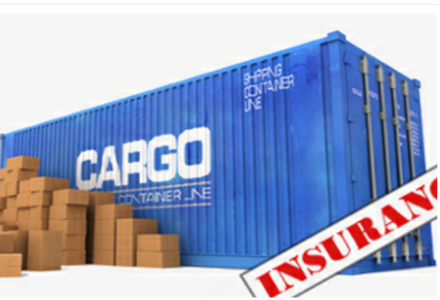
More →
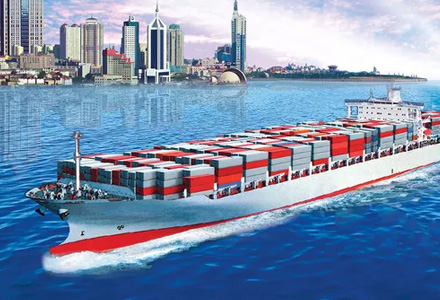
More →
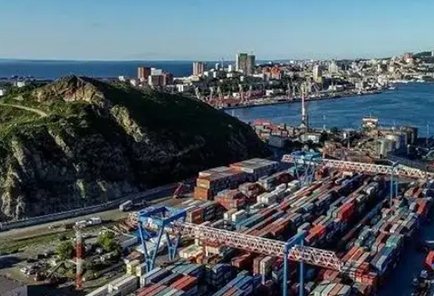
More →
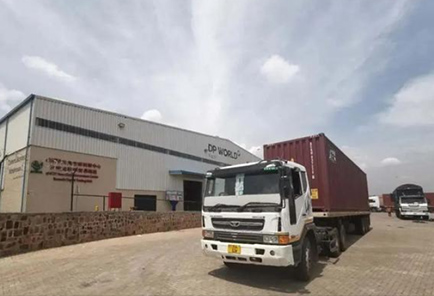
More →
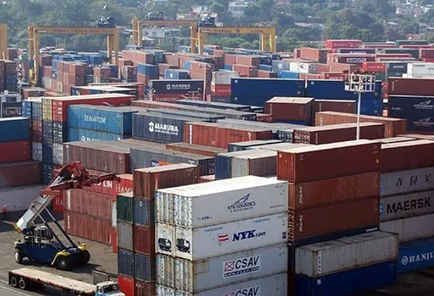
More →
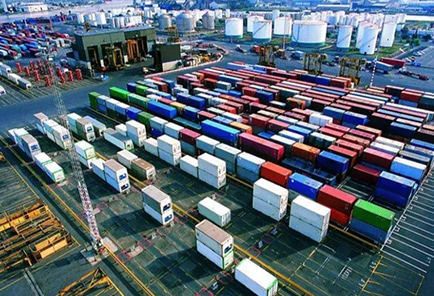
More →